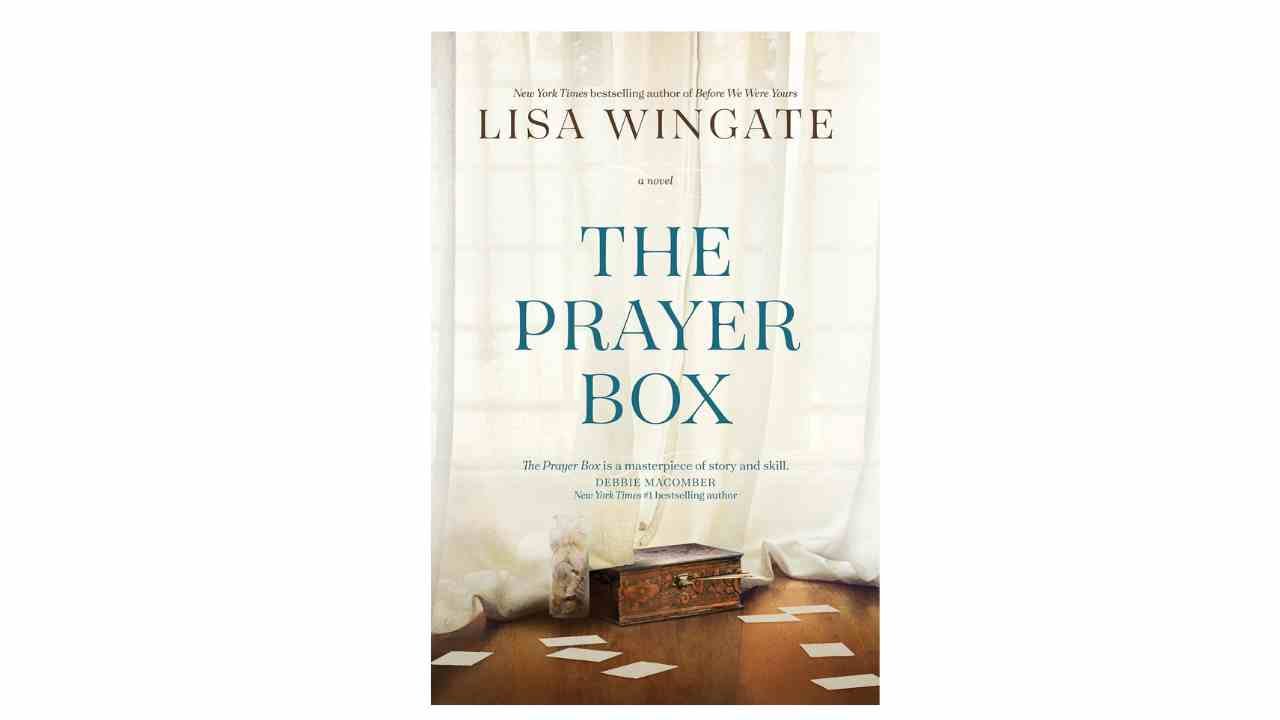The Weight of Glory by C. S. Lewis is a collection of theological essays that explores the essence of Christianity. These include the concept of glory and the transformative power of faith.
Through thought-provoking and great discussions, Lewis delves into various aspects of the human experience and provides insights into the eternal significance of our actions and beliefs.
The Weight of Glory
In the first essay, Lewis introduces the idea of the “weight of glory,” emphasizing that the human yearning for glory is not selfish or prideful, but rather a natural desire to connect with something greater than ourselves.
He argues that this longing for glory is ultimately a longing for God and that true fulfilment can only be found when we seek to unite ourselves with the divine.
Learning in War Time
The second essay explores the importance of intellectual pursuits, particularly during times of crisis or conflict.
Lewis challenges the notion that academic pursuits are frivolous or irrelevant in the face of war, asserting that learning is essential for cultivating a deeper understanding of truth, beauty, and goodness.
He encourages readers to embrace the pursuit of knowledge, as it enhances our ability to appreciate and contribute to the world.
Why I am not a Pacifist
In this essay, Lewis discusses his reasoning for not identifying as a pacifist. He examines the complexities of war and violence, arguing that sometimes it is necessary to defend ideals and protect the innocent.
While acknowledging the value of peace, Lewis asserts that passivity in the face of evil can be equally destructive. He was of the view that responsible action is often required to maintain justice and order.
Transposition
Lewis explores the idea of transposition, or the transfer of meanings from one realm to another, in this essay.
He uses examples from literature, music, and religious symbolism to illustrate how earthly experiences can point towards higher spiritual truths.
Lewis suggests that through transposition, we can catch glimpses of the divine in our everyday lives and that understanding these symbolic connections enriches our perception of reality.
Membership
Membership delves into the concept of community and the significance of personal relationships. Lewis discusses the importance of belonging and how our actions impact those around us.
He highlights the interconnectedness of humanity and the consequences of neglecting or embracing our inherent relational nature.
The Inner Ring
In this essay, Lewis explores the allure and dangers of the “inner ring,” referring to exclusive circles or groups that people long to be a part of. He delves into the psychological and ethical implications of seeking acceptance and power within these inner circles.
Lewis argues that the pursuit of inclusion in such groups can be morally compromised. This is because it often requires compromising one’s authenticity and integrity.
On Forgiveness
Lewis examines the transformative power of forgiveness, both from a theological and practical perspective.
He explores the challenges of forgiving others and ourselves. He emphasises the necessity of letting go of resentment and embracing the healing that forgiveness brings.
Again Lewis explores the importance of divine grace in the process of forgiveness and highlights how it leads to personal peace and restoration.
A Slip of the Tongue
In this final essay, Lewis reflects on the profound impact of our words and the weight they carry.
He discusses the significance of truthful and intentional speech. He highlights how the way we communicate can shape our relationships and even influence our character.
Lewis encourages readers to be mindful of their words, recognizing their potential to both harm and heal.
Conclusion
Through The Weight of Glory, C.S. Lewis invites readers to explore the deeper questions of life, faith, and morality.
He challenges conventional thinking and offers profound insights into the nature of glory, the power of community, the pursuit of knowledge, and the transformative nature of forgiveness.
Lewis’s work continues to resonate, provoking readers to reflect on the eternal and transcendental aspects of their existence.




